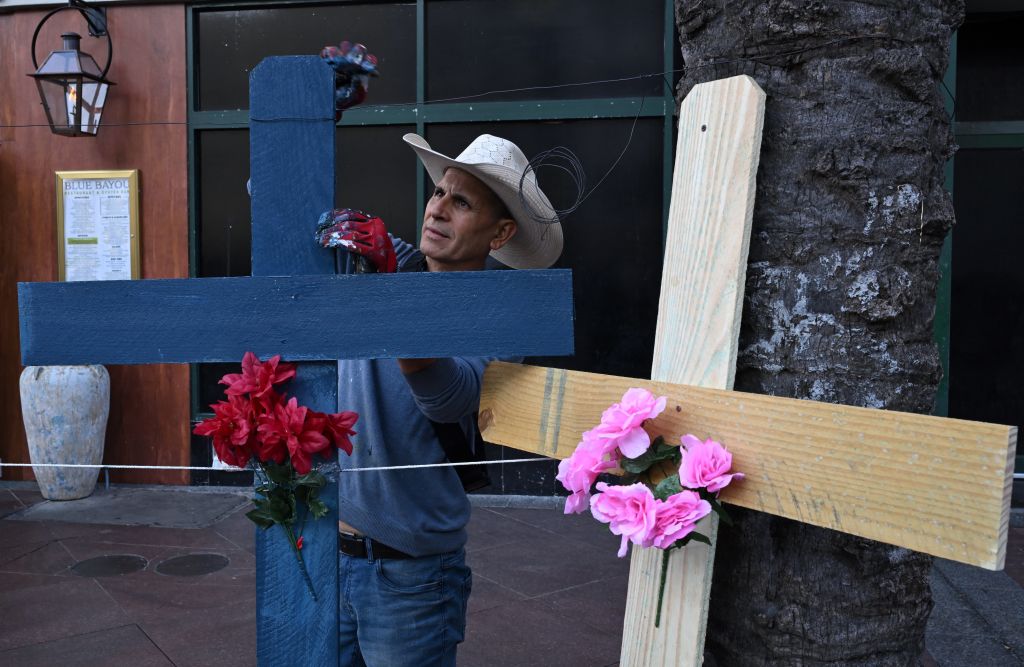In the first hours after a terrorist attack, horror overtakes everything else. The scenes from New Orleans on Wednesday were hard to watch, starkly revealing unimaginable pain and suffering. After each incident of this kind, speculation about the motivation of the attacker quickly follows, asking whether they had accomplices and how they were radicalised.
In my book Home Grown, published in 2019, I pointed out that men who carry out these attacks are often so-called “lone wolves”, and that there are likely to have been a series of red flags before they created carnage. One of the most significant is a history of domestic abuse, leading to family breakdown and the perpetrator finding himself isolated and angry. Such men are hugely suggestible, looking for an ideology that “justifies” their rage and encourages them to act on it. Islamism, and specifically the violent brand promoted by Isis, is more than willing to provide it.
The FBI now believes that Shamsud-Din Jabbar acted on his own. The Bureau also believes he was motivated by Isis, revealing that he left behind videos in which he stated he had “joined” the group before the summer. Whether Isis had been in direct contact with Jabbar is unclear, but he appears to have been angry, broke and unstable in the run-up to the attack.

